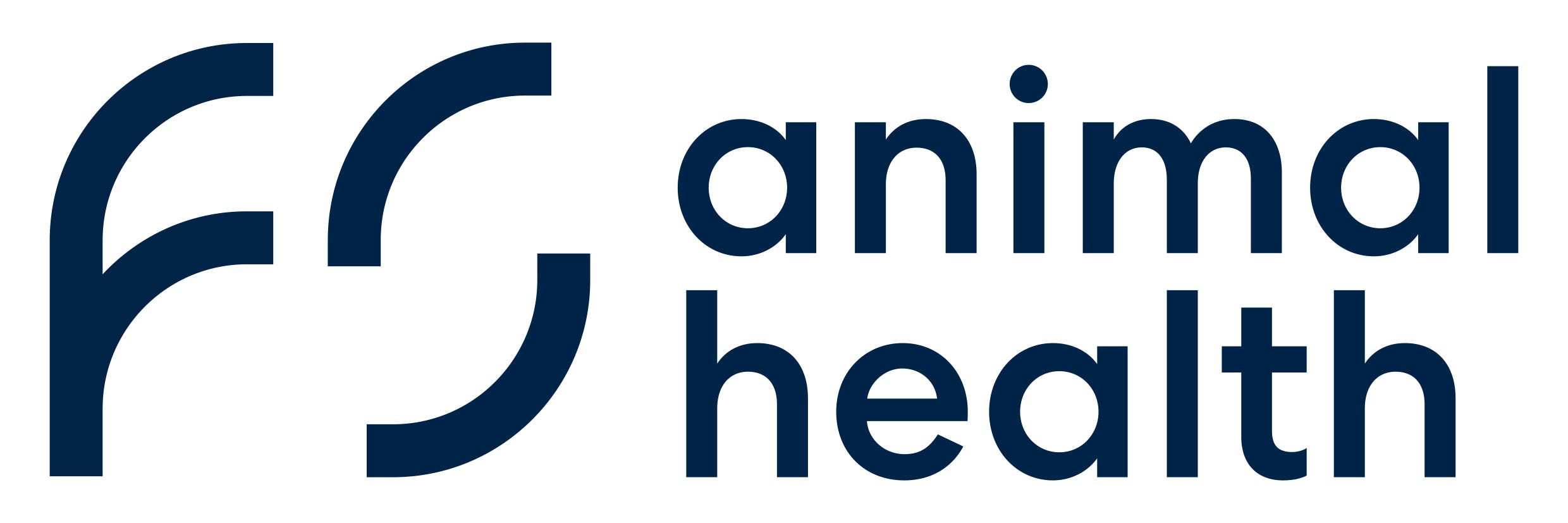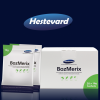What is the role of B Vitamins in horse nutrition?

B Vitamins are a group of water-soluble vitamins with individual properties and benefits to the horse. Water soluble means that they are not stored in the body and any excess of supply is excreted in the urine.
Do horses generate any B Vitamins themselves?
Horses produce a certain amount of B Vitamins to satisfy their requirements, particularly Niacin (formerly B3), however it relies on the microflora of the bacteria in the hindgut for the remainder of its B Vitamin needs. Shortfall in production of B Vitamin is generally supplied through the animal’s diet by pasture and hay. Vitamin B12 is not produced in plants and the horse relies on a supply of this from the hindgut bacteria.

When are B Vitamins needed most?
Although there is very little research available on how much B Vitamin is naturally produced by the horse itself a supplemental source of B Vitamins can be very beneficial to maintain the optimum health and performance of the horse particularly when natural internal and or external sources are diminished such as;
- Young horses with underdeveloped gut microflora
- Horses with reduced appetite
- Ill or stressed horses and horses recovering from illness
- Horses in work, particularly performance horses, high-stress situations, exertion
- Horses on antibiotics where hindgut bacteria is compromised
- Horses with poor digestive health – diarrhoea or extreme worm burden
- Geriatric horses with less digestive ability
- Horses with high grain, low forage diets.
Use of complex B Vitamins has shown good results with horses, particularly performance horses where it seems to give them a natural boost to deal with the stress of travel and competition. Although there is not any proven science to all of this it has gained following amongst experienced horse people.

Which B-Vitamins do what?
Niacin B3 has been known for its ability to increase blood flow to the extremities of the body, often recommended to promote improved blood circulation
B1 (Thiamine) plays a crucial role in maintaining the nervous system through the transmission of nerve impulses to help horses feel more focused and at ease. Thiamine is usually well supplied in green forage and other sources such as brewer’s yeast.
D-Pantothenic Acid (B5) is used in the production of antibodies providing the horse with immunity against disease. Also supports metabolism.
B6 (Pyridoxine) is crucial support for the metabolism of protein, energy and a healthy nervous system.
B2 (Riboflavin) is found in green forage, B2 supports the metabolism of proteins and carbohydrates and the normal healthy function of the nervous system. Best fed to complement Vitamin B6.
Folic Acid B9 complements Vitamin B12 to produce haemoglobin and red blood cells.
Biotin supports an increase of naturally produced keratin in the horse’s hoof.
B12 Cobalamine Is very important for the metabolism of carbohydrate, fat and protein and for healthy enzyme function. There is normally a good supply of B12 by microorganisms as long as there are acceptable levels of cobalt in the regular diet. Horses are able to store some B12, unlike any other B Vitamin.
Widely believed to improve appetite, avoid anaemia and enhance performance although B12 deficiency has not been documented.
A correctly balanced nutraceutical supplement of these B Vitamins in an easily absorbed liquid can be a great support to any performance horse.
 Vestaplas recommend Duratone from Hestevard as a carefully balanced B Vitamin supplement
Vestaplas recommend Duratone from Hestevard as a carefully balanced B Vitamin supplement
For more advice and guidance speak to your Veterinarian or equine nutritionist.



 Free Next Working Delivery on all orders over £75+VAT
Free Next Working Delivery on all orders over £75+VAT Bulk discount save more on large quantities
Bulk discount save more on large quantities 




